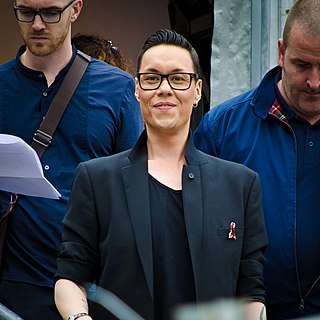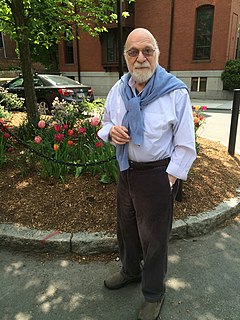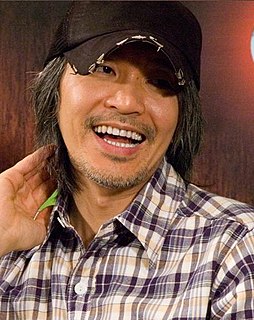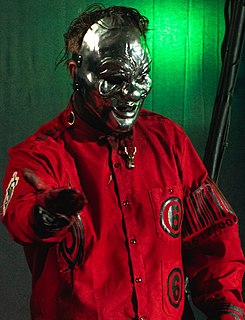A Quote by Patti Harrison
Being on camera has really rehashed a lot of old feelings, because I dealt with body dysmorphia for a long time.
Related Quotes
I've thought about my relationship to my body, my body dysmorphia, and what that means as someone who's like, 'Oh, I'm going to be on camera.' Sometimes it makes my body dysmorphia worse, but I've also tried to not let my mental illness rob the joy of getting to do something I've always wanted to do.
Under examination by the camera, a human body becomes for its inhabitant a field of betrayal more than a ground of communication, and the camera's further power is manifested as it documents the individual's self-conscious efforts to control the body each time it is conscious of the camera's attention to it.
I'm always going to hear people make that connection and I've just accepted it. It's alright. I'm just happy that I get to do my own thing now. I learned a lot from the show [the Voice] as far as being in the TV world and being in front of the camera, which is really great because I'm not as nervous in front of the camera as I was before.
When I was an actor in some movies a long time ago, I was so curious about all the camera movements - why is the camera placed here, and why does it move like this? And why the set and the background, the color? It's a lot of questions for me to ask, because I was so interested, not only in acting, but also the whole process of filmmaking.

































